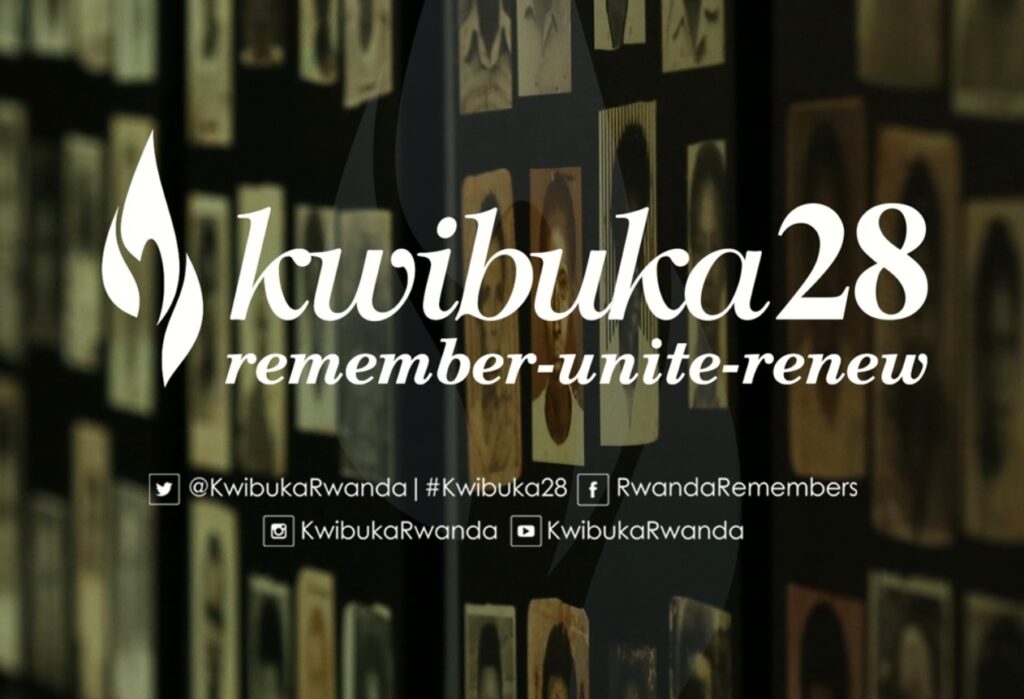
Ahead of the Commemoration of the 28th Anniversary of the Genocide Against the Tutsi in Rwanda (Kwibuka 28) we publish here an extract from a commentary by Noam Schimmel on “A Postcolonial Reflection on the Rwandan Genocide Against the Tutsi and Statement of Solidarity with Its Survivors”. It is a powerful cri de coeur to stand up for, and alongside, survivors:
For survivors, survival is not something that happened in 1994 and ended on 4 July 1994. Liberation for survivors is a daily and daunting effort, not something that happened on a historical date and is finished. It is a process and a project, a commitment and a struggle, a mountain to climb and many obstacles to surmount— physical, spiritual, emotional, psychological, social, economic and in other ways each and every day.
Often the summit of the mountain recedes and each day appears further and further away. But many survivors also summit that mountain every day they get up and live another day, go to work, have children and raise families, form friendships, celebrate milestones, express themselves creatively, and advocate for the rights and welfare of genocide survivors and educate the public about the genocide.
Survivors mourn and grieve not only in April; they remember their mothers and fathers, brothers and sisters, aunts and uncles, sons and daughter, cousins, nieces, and nephews, friends and neighbours every single day. In the morning, in the afternoon and in the evening. Upon waking and upon sleeping. Survivors carry the pain and the loss of genocide with them at all times.
It is a profound grief and longing, an open wound and loss that aches and that every survivor carries and lives with in his or her own unique way and that echoes within them.
Therefore all of us who are not survivors—it is our responsibility to accompany survivors as compassionate, kind and humble companions who listen with respect, care and attention, who help when help is asked for or necessary, and who never turn a survivor away and leave them alone, unaided.
Our solidarity must not be merely of today but of every day. It must be an enduring and substantive commitment, of the heart, of the mind, of our energies and of our efforts.
It must be a true partnership for and with survivors.
To read the full paper which is published in the Journal of Victimology and Victim Justice then that can be accessed here.
